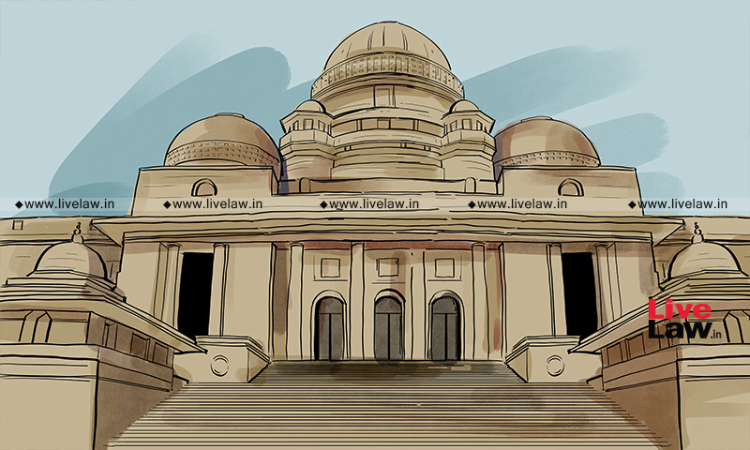Retention Allowance Forms Part Of Basic Wages For EPF Contributions: Bombay HC
Pranav Kumar
16 Nov 2024 10:16 AM IST

Next Story
16 Nov 2024 10:16 AM IST
Bombay High Court (Nagpur Bench): A Single Judge Bench of Justice Anil L. Pansare held that retention allowances paid to seasonal workers must be included in basic wages for PF contributions under the EPF Act, 1952. The court dismissed Maharashtra State Cooperative Cotton Growers' Marketing Federation Ltd.'s petition challenging provident fund contribution demands on retention...
